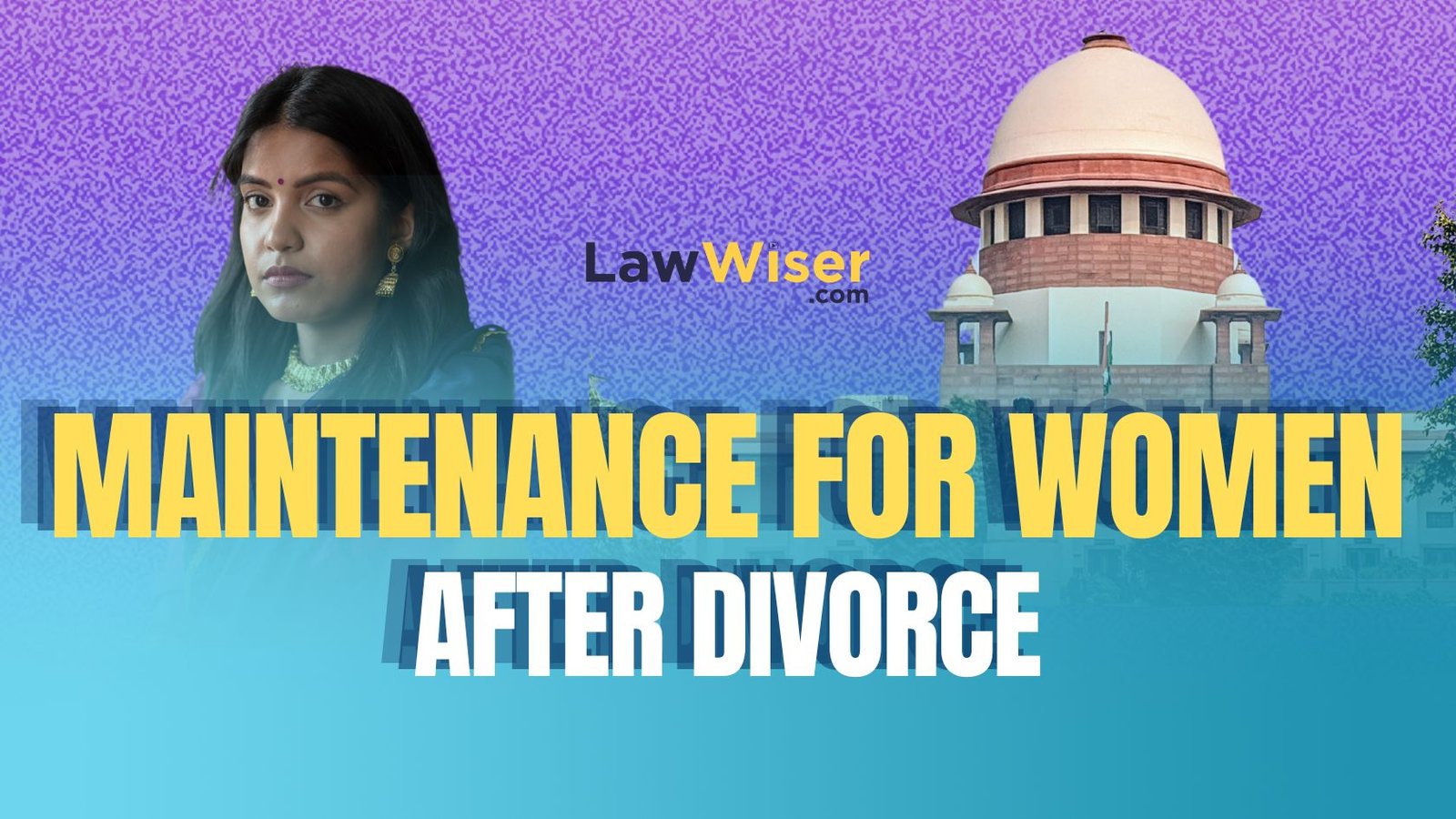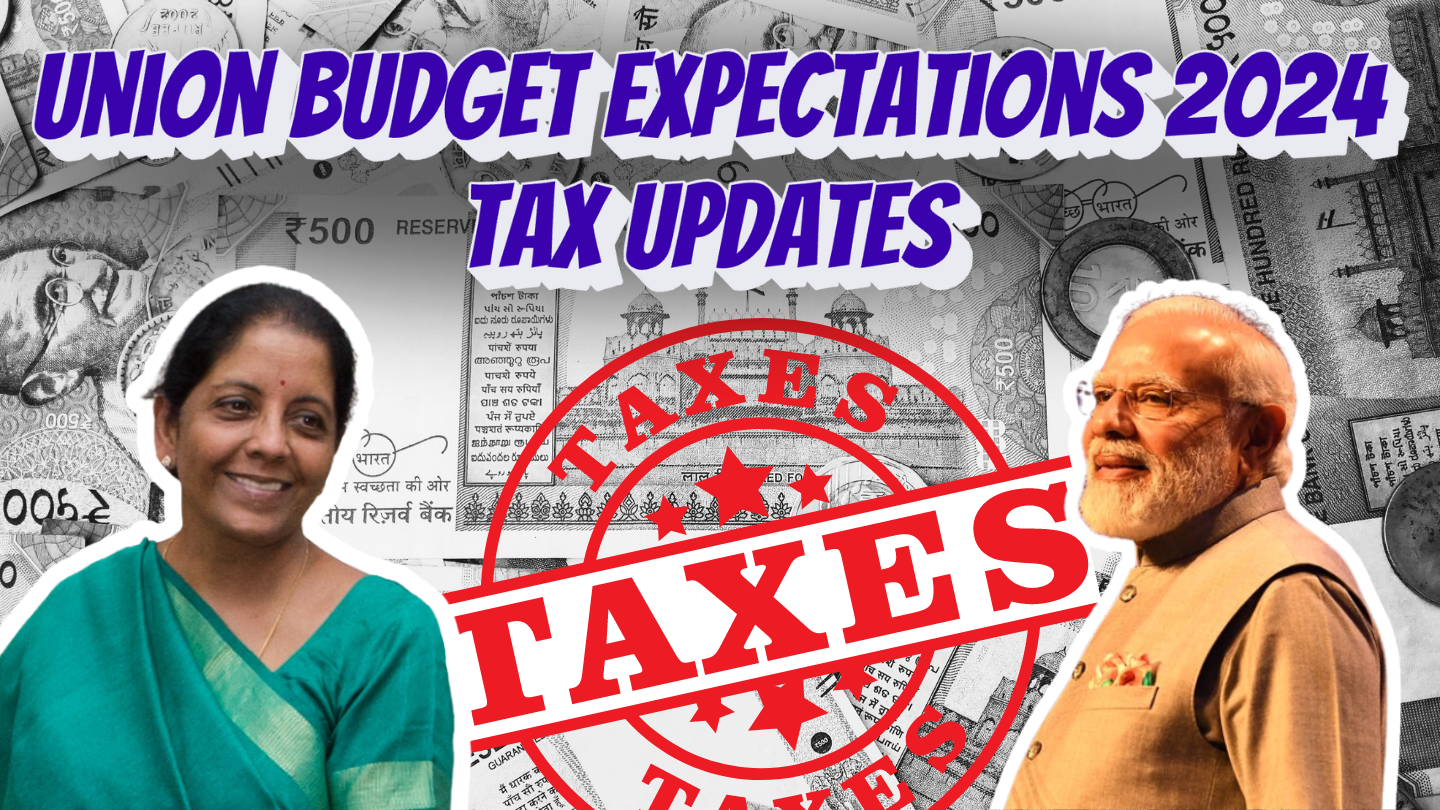How to make a Rock Solid Will? | Draft Will | Write Will | LawWiser
The decision of how your property will be distributed is determined by a document known as a will. In a will, an individual expresses their desires and plans for the allocation of the property they have accumulated throughout their life. This document is usually prepared and executed by the testator, the person making the will. Registering the will is advisable under the Indian Registration Act, as it helps establish the validity of the will and eliminates uncertainties. However, even after registration, the will can still be contested in a court of law. The fact that a will has been registered alone is not sufficient to address all potential doubts surrounding it. Additionally, the last testament might not necessarily be the registered will.
It’s important to note that a newly created will can supersede a registered will, whether it is registered or not. Nevertheless, registration provides evidence that all parties physically appeared before the registering officer and attested to the will’s contents. Common challenges to wills involve doubts, fraud, coercion, undue influence, and technicalities related to witnesses and executors. To ensure a will is solid, it should be certain in its intentions, clearly specify the property being bequeathed, name the beneficiaries who will inherit the property after the testator’s passing, and use language that reflects the testator’s intentions comprehensively.
If the validity of a will depends on a specific condition, that condition should not be subjective or impossible to fulfill, nor should it go against public policy. A registered will is securely held by the Registrar and cannot be altered, lost, damaged, or taken. This makes it significantly harder to contest a will based on fraud, coercion, or undue influence after registration. Witnesses are required by law to be present during the registration of a will. Occasionally, a will might be contested on technical grounds, such as beneficiaries also acting as witnesses. It is essential that neither witness has any personal interest in the testamentary document.
In most cases, an executor is appointed as a trustworthy individual. However, the executor’s integrity might be questioned by beneficiaries after the testator’s death. To prevent this, it’s advisable to have multiple beneficiaries and appoint a professional agency as the executor. Differentiate between life interest and bequest; the former allows an individual to enjoy property rights during their lifetime, while the latter cannot be changed after it’s established. Clearly specify the percentage of assets allocated to each property and limit your will to that portion, as failure to do so might lead to challenges.
Include a clause for assets acquired after making the will. Choose unrelated and younger individuals as attesting witnesses and have them sign an affidavit to ensure their clarity of mind. Creating a video of this entire process can be helpful, and if you wish to exclude someone from your will, make sure to mention their name. We hope this video provides clarity and helps you create a strong will. Such a will, which brings clarity and unity to your family’s future, is best prepared after watching this video. Keep following LawWiser for similar content.











